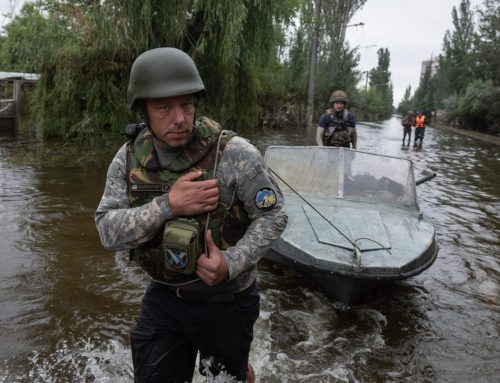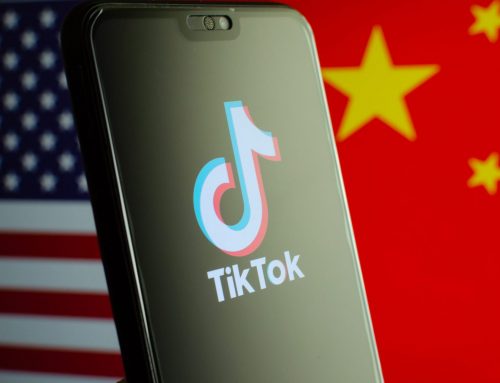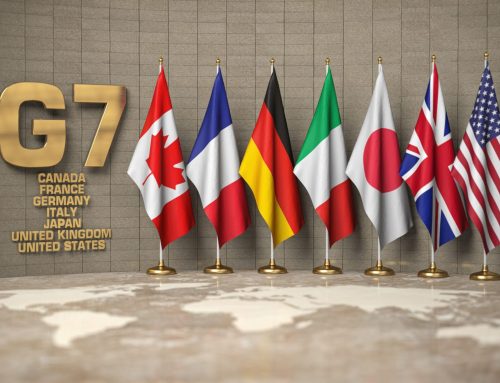The Russian embassy in Mexico’s Twitter account received uncharacteristically high engagement last week after a January 25 phone call between Russian President Vladimir Putin and Mexican President Andrés Manuel López Obrador, during which they discussed Mexico’s impending procurement of 24 million doses of Sputnik V. The embassy’s tweets about the call and efforts to dispel “myths” about Sputnik V accounted for half of the top ten most-retweeted and most-liked tweets among all Russian accounts monitored on Hamilton. Three additional Spanish-language tweets about Sputnik V were also among the most retweeted, including one on Argentina’s vice president receiving the Russian vaccine and one from RT Español claiming that local media begin to criticize Sputnik V wherever it is on the cusp of acquisition or approval. (Note that this clip was also shared by the Russian embassy in Mexico.) This coverage again reflects the broader pattern of Russian state media and diplomats highlighting positive developments related to Sputnik V, such as purchases and approvals, while attempting to counter “false” information about the vaccine and railing against alleged biases against it. Meanwhile, Russian state media continued to highlight problems affecting Western vaccine rollouts, including post-vaccination deaths and infections and logistical issues. A small amount of content noted suggestions that the EU turn to Sputnik V because of the logistical issues affecting the EU rollout. One notable article also highlighted Chinese state media arguments about unequal coverage of Western and Chinese vaccines in Western media—an argument that mirrors those made by Russian diplomats and state media. State media also elevated claims made by Russian officials who accused the West of hypocrisy and meddling in the wake of mass protests against the detention of Russian opposition figure Alexey Navalny. A couple of articles noted China’s solidarity with Russia against Western meddling in the domestic affairs of others. State media also emphasized violent incidents apparently perpetrated by protesters, while covering stories about police officers’ acts of kindness—officials also turned to one of their classic whataboutist arguments by suggesting the United States (and others) had no standing to criticize the actions of Russian police due to Western police brutality. State media also highlighted stories supporting Putin’s denial of Navalny’s allegations that he owns a lavish Black Sea palace.
On the China dashboard, there was substantial pushback against the U.K. government’s insistence that Hong Kong citizens with British National Overseas (BNO) status should be able to apply for a special visa allowing them to work and live in the U.K. After China announced last Friday that it would no longer recognize the BNO passport as a valid travel document, Chinese state media suggested that the BNO passport was as good as “waste paper” and threatened that those who leave on BNO passports would “regret it one day.” As noted above, Chinese state media backed Russian claims that the Navalny protests were both insignificant and being orchestrated by the West, while China’s Ministry of Foreign Affairs raised concerns about U.S. interference in Russian affairs. Finally, Xi Jinping’s virtual appearance at Davos received significant coverage, with diplomats and state media emphasizing China’s commitment to multilateralism (which was the tenth most-used term by monitored accounts last week), in contrast to the United States’ supposed “selective multilateralism.”
On the Iran dashboard, much of the social media traffic last week was directed at the United States for suggesting that it will return to the nuclear agreement when Iran returns to compliance. Foreign Minister Zarif stressed that having been the first to abrogate the agreement, the United States must be the first to return to compliance. Iranian officials also continued to claim that Iran is producing the only side-effect free coronavirus vaccine, with promises that it will be available by Nowruz (Persian New Year), which begins on March 21. Like Russia and China, Iranian state media also selectively highlighted negative information about Western vaccines.
The views expressed in GMF publications and commentary are the views of the author alone.








